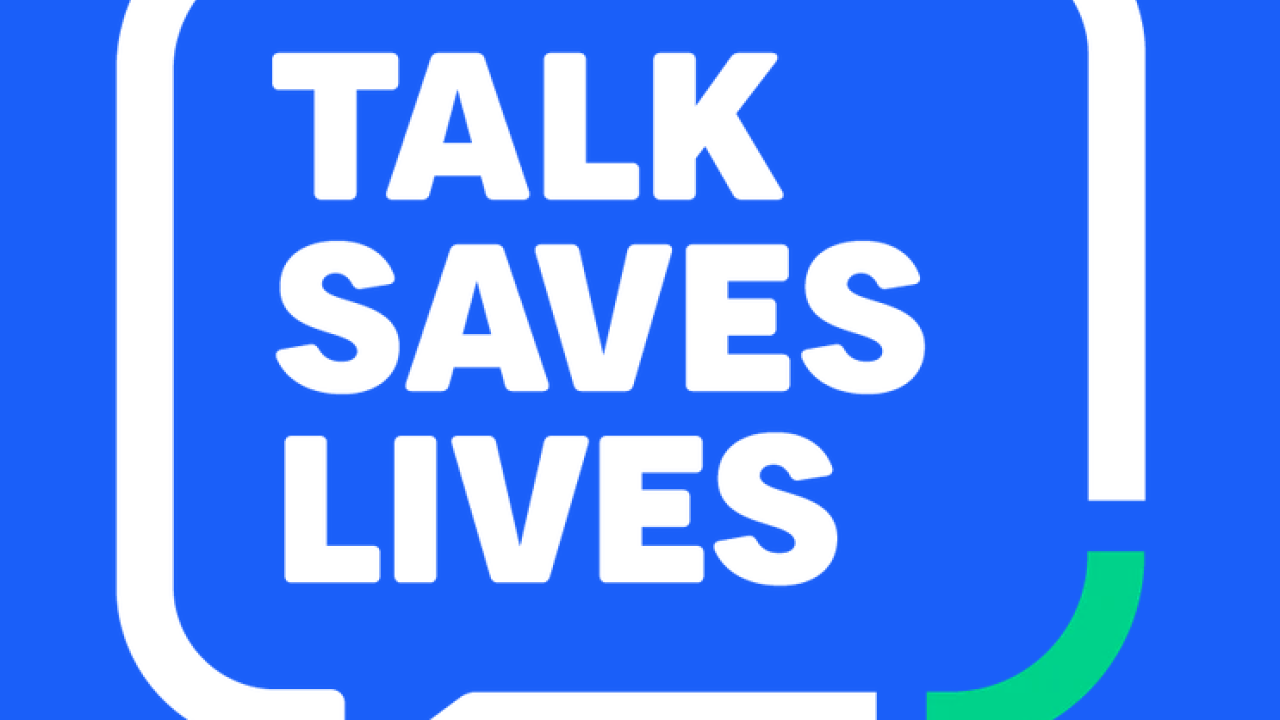
You Are Not Alone: Suicide Prevention and Awareness
This project, which is in collaboration with the American Foundation of Suicide Prevention (AFSP) and UC Davis’ mental health resources, will provide several informational sessions discussing the general scope of suicide, research and tools on prevention, as well as what people can do to fight suicide.
Introduction:
With the recent Center of Disease Control (CDC) statistic that suicide is on the rise by 2% despite its previous years of decline, and its disproportionate effect on those in health care, suicide and suicide prevention are topics of critical importance.
Through informative sessions addressing the various risk factors and warning signs of the likelihood of an attempt, as well as providing resources and tools to have affective conversations, we will provide the UC Davis community with information and means to promote healthy mental well-being.
These sessions will be in collaboration with the AFSP as well as UC Davis’ current resources such as the SupportU Peer Responder Program, the Academic and Staff Assistance Program (ASAP), etc. to bring more visibility to the existing programs and further awareness to our medical community.
Outcomes:
There have been several studies indicating that there is no single approach that will reduce suicide among individuals. As such, comprehensive, multi-component, system-wide approaches to suicide prevention have been shown to be effective and are key to reducing suicide. Therefore, the more opportunities to screen, identify, help direct conversations and knowledge of available resources can assist those struggling with suicidal ideation, and help reduce the incidence of suicide.
Through the You are Not Alone sessions, our goal is that the audience will:
- Recognize protective factors, risk factors and warning signs of suicide
- Recognize racial and systemic factors that contribute to barriers in seeking help and suicide risk
- Recognize suicide risk and its unique considerations in the LGBTQ communities
- Be able to take care of their communities and speak with family and friends about suicide and mental health
- Be able to seek and offer support for themselves and others
- Be able to provide resources within the UC Davis community and beyond
We will also be continuously reviewing our ability to ensure that participants of the sessions have been able to increase their in knowledge and comfort level when discussing suicide risks, and warning signs through evaluation of the pre and post session surveys and adjusting/altering the upcoming sessions accordingly to ensure the key points of from the lectures are reinforced
Opportunities for Involvement:
None at this time, however individuals interested in becoming a Support U member and learning more about the program can visit https://health.ucdavis.edu/well-being/support-u/about
Recent Milestones:
N/A
Project Lead(s):
Sherzana Sunderji, MD
Associate Professor, Department of Pediatrics
Director, Fetal Cardiology & Echocardiography
ssunderji@ucdavis.edu
Mary Davis, RDCS, RCS, FASE
Pediatric Echo Lab Supervisor
Pediatric Heart Center
mcdavis@ucdavis.edu
